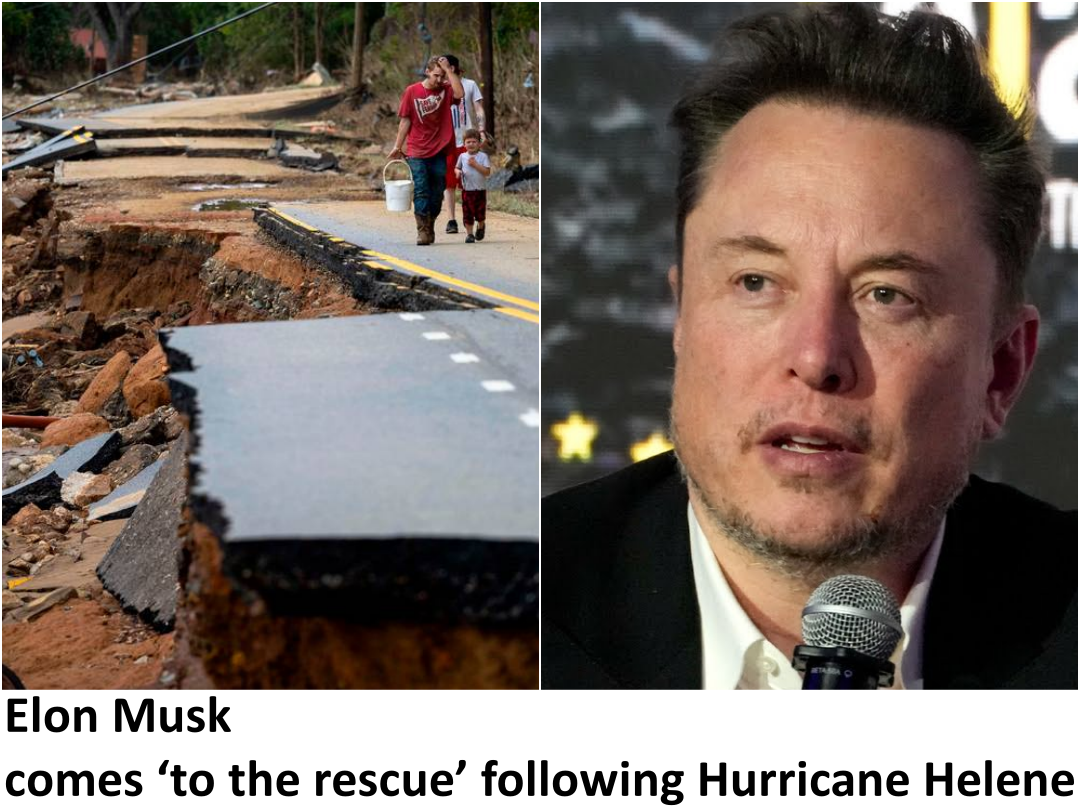
FEMA’s Aid Shortfalls: $750 Relief Sparks Outrage Amidst Bigger Spending Concerns

As the U.S. faces devastating hurricanes, FEMA’s response has drawn considerable criticism for the limited financial aid being offered to disaster survivors. The current relief package includes a one-time payment of $750 to meet “immediate needs,” leaving many citizens in uproar. With homes destroyed, entire towns ruined, and lives upended, the inadequacy of this relief has led to public frustration and disappointment.
Critics argue that $750 is a paltry sum, especially when compared to the widespread damage left by these natural disasters. This figure is not a recurring payment; it’s a single grant meant to help families who have lost everything. Homeland Security Secretary Alejandro Mayorkas acknowledged the issue, saying that FEMA doesn’t have enough funds to support recovery efforts throughout the entire hurricane season, adding fuel to the controversy.

Budget Mismanagement?
The outrage extends beyond just the dollar amount. Many have pointed out the U.S. government’s recent spending priorities. The U.S. spent $150 billion on services for illegal immigrants in the past year alone, as well as additional funds on foreign aid and other expenditures, leaving Americans affected by natural disasters feeling neglected. Some critics, particularly from the right, claim that the government is prioritizing aid for immigrants over helping American citizens in crisis.
For example, it’s been reported that certain U.S. cities have provided higher financial support for illegal migrants than for low-income American citizens. Stories such as illegal immigrants receiving gender reassignment surgeries or being housed in hotels have fueled resentment, especially in places like New York City and Portland, where taxpayers foot the bill. In comparison, Americans who have lost their homes to hurricanes are left with meager government aid, deepening the divide over how government resources are being allocated.
Musk to the Rescue
Meanwhile, private individuals like Elon Musk have stepped in to help. Musk, through his Starlink program, has provided critical communication support to hurricane-hit areas that otherwise remained cut off. FEMA had previously rejected a grant for Starlink development, allegedly due to Musk’s political views, but his independent efforts are now proving vital in disaster zones.
This incident has only further highlighted the Biden administration’s apparent lack of preparedness and responsiveness. Vice President Kamala Harris visited affected areas nearly a week after the disaster, but for many, her presence felt like too little, too late. Meanwhile, former President Donald Trump had already made his way to Georgia, offering support and promising aid.
Political Implications
As 2024 approaches, this situation could become a significant talking point for Republicans. They are using FEMA’s underfunded response as proof of mismanagement and misplaced priorities under the current administration. It also raises bigger questions about the role of government: in moments of national crisis, why is the U.S. government unable to provide substantial support for its own citizens?
With growing dissatisfaction, Americans are left to wonder: Where has the money gone? As FEMA struggles to provide adequate disaster relief, the government’s spending on foreign aid and illegal immigrant services seems increasingly out of touch with the immediate needs of disaster-stricken communities.
In conclusion, the U.S. faces a stark reminder that when disaster strikes, preparedness and responsible fiscal management are crucial. While some private entities like Elon Musk step in to fill gaps, citizens are questioning whether their government is doing enough to safeguard their well-being during these trying times.





